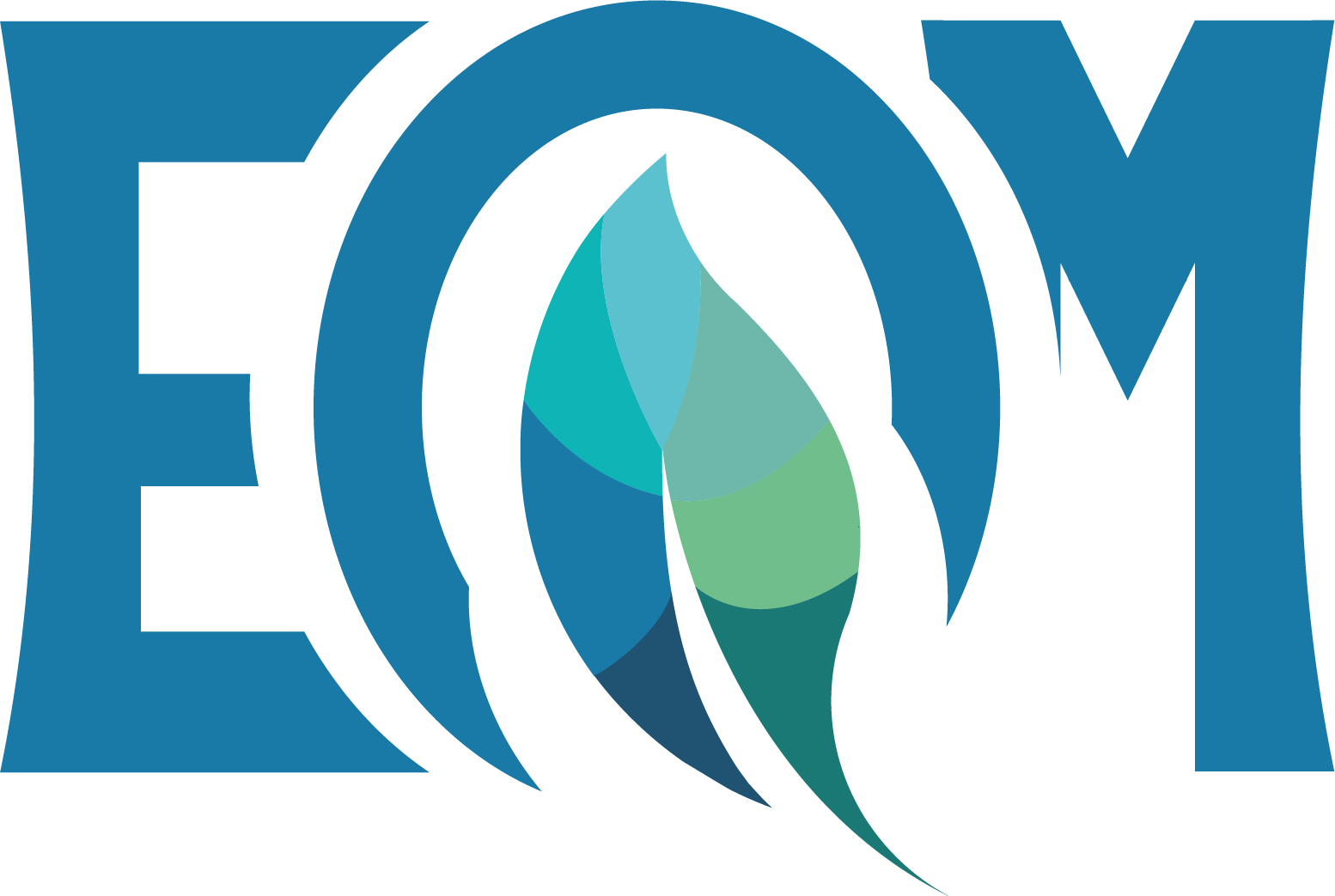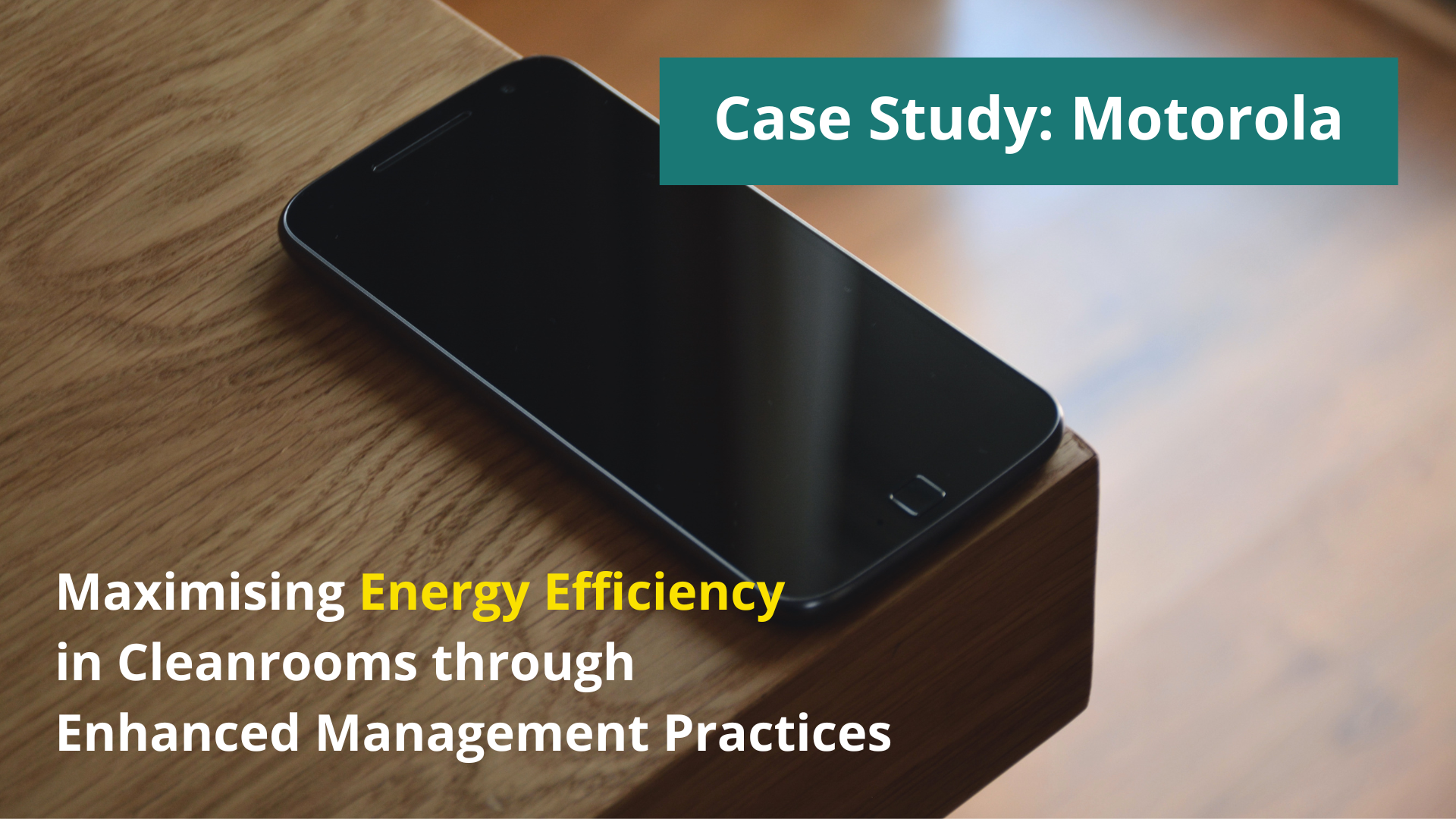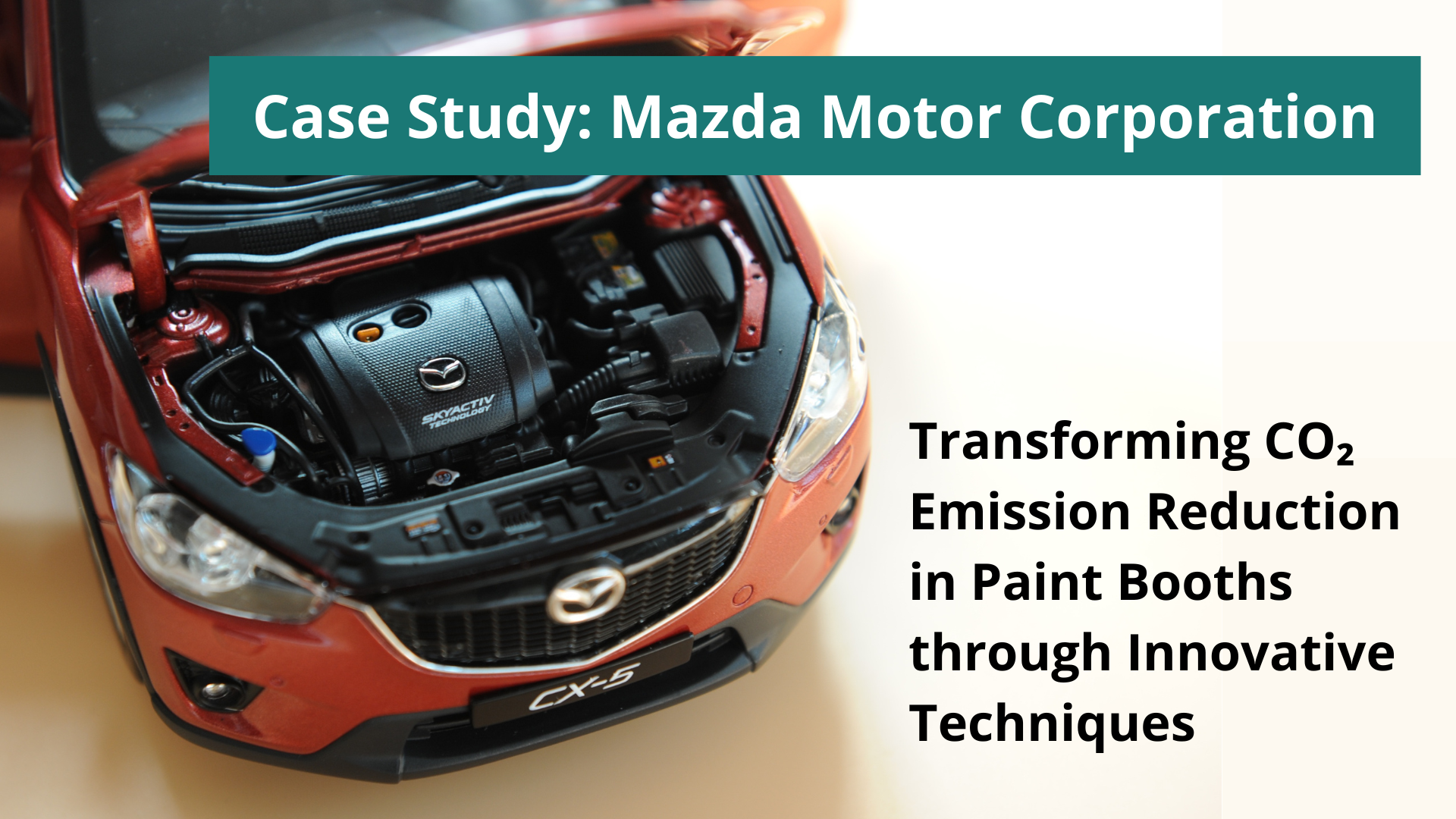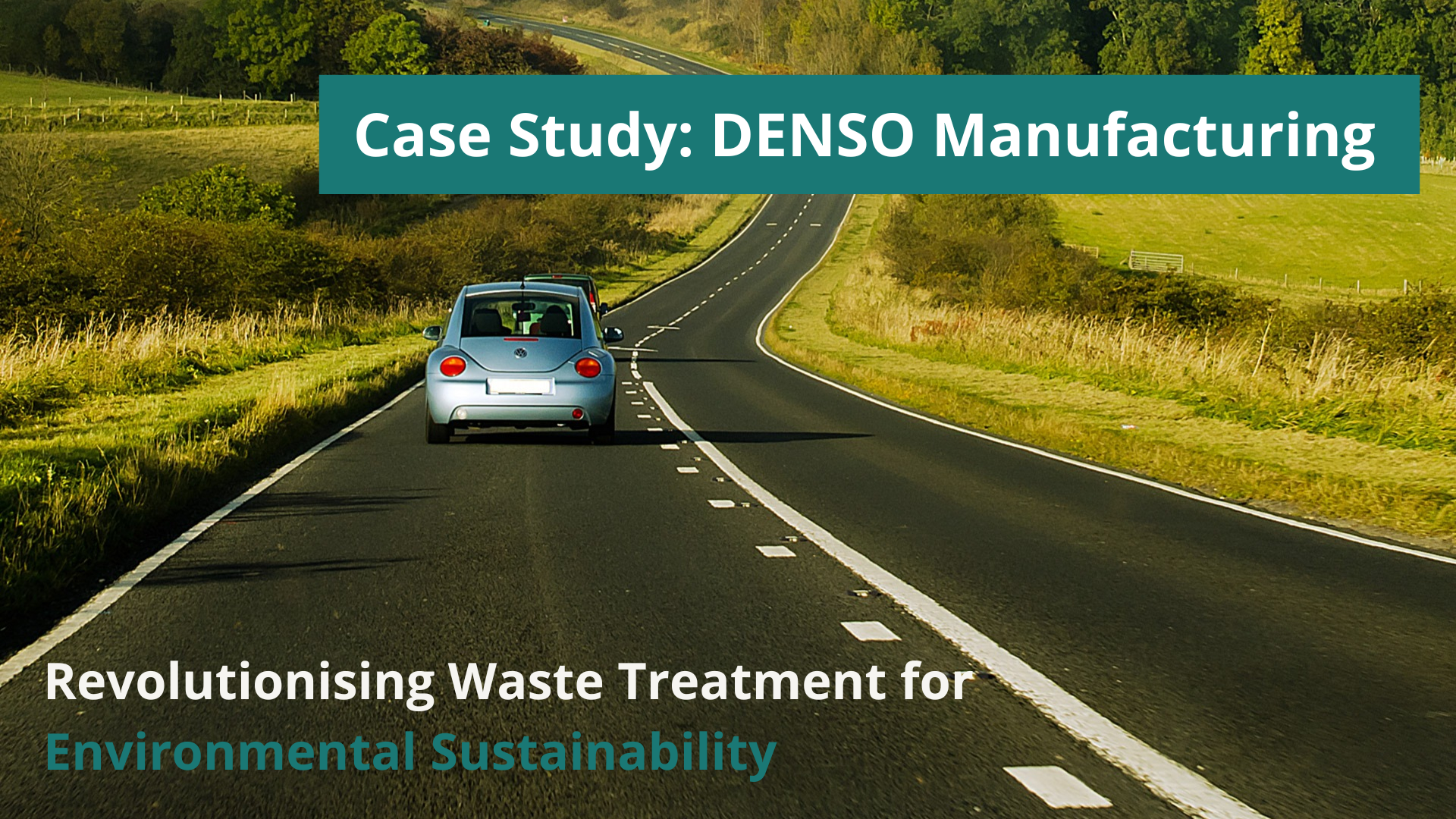
The Eco-Management and Audit Scheme (EMAS) and ISO 14001 are two widely used environmental management systems across the globe.
As a business in the European Union and the UK, you’d need to compare both standards and choose the best one for your business.
Depending upon your business needs and requirements, you may opt for one or the other. However, it is crucial to understand their similarities and differences before making an effective EMS decision. Let’s have an in-depth look at both the standards.
EMAS vs. ISO 14001 – Key Similarities
EMAS and ISO 14001 have many key similarities. Both standards focus on monitoring the environmental impact of business operations. They recommend assessing an organisation’s environmental performance through robust measures and continuous auditing of environmental processes for performance improvement.
Both standards provide comprehensive guidelines for a successful environmental management system. They require companies to have a robust environmental management policy and mechanisms to reduce carbon footprint.
Even though both are voluntary for firms, consumers prefer to conduct their businesses with an organisation that pays particular importance to the environment. Having an EMAS or ISO 14001 certification outlines the company’s attention to developing sustainable business practices. You can find the summary of the similarities in the table below:
| EMAS vs ISO 14001 – key similarities |
| A systemic approach to environmental management issues |
| Main goal – to reduce the negative impact on the environment |
| Voluntary for organisations |
| Availability (regardless of the industry and size of the company) |
| Environmental policy required |
| The mandatory setting of objectives related to the environmental policy |
EMAS vs ISO 14001 – Key Differences
Even though both standards aim to provide companies with a robust environmental management system, there are key differences within both sets of standards. ISO 14001 is issued by the International Organisation for Standardisation and is recognised globally. On the other hand, the European Union is responsible for EMAS and is mainly confined to companies with the European Union, however third country organisations may also be registered.
EMAS has a stricter interpretation of environmental standards compared to ISO 14001. With EMAS, the company gets a registration number, and they have the right to display the EMAS logo within their business. With an ISO 14001 the company gets a certificate. Key differences are summarised in the table below:
| ISO 14001 | EMAS |
| Easier with relatively lower requirements | Complex, higher requirements |
| International standard | European Union |
| Standard | Regulation |
| The organisation decides if communicate or not communicate environmental aspects. No requirement to prepare an environmental statement. | Open dialogue with society, stakeholders, and interested parties is required to communicate environmental aspects and systematically inform the public. Environmental statements are required to be prepared and published. |
| Certification audit | Certification | Verification audit | Registration |
| The company get certificate | The company getsa registration number and the right to use the logo |
If you’re on the lookout for a company that can help you implement relevant EMS, then check out EQM Consult. As a boutique management consulting firm, we specialise in inimplementing quality management systems, environmental management systems, and more. You can check our website for more information about services or contact us for a consultation.

Ph.D. Beata Paliwoda
Founder and Owner of EQM. Environmental and quality consultant and auditor. Professional career built in Quality Assurance departments in various companies from the automotive, aerospace, railway industries, as well as a management systems consultant. Successfully completed many complex projects related to the implementation of management systems, process improvements and business transformation. Auditor of ISO 9001, ISO 14001, AS 9100, project manager of APM, lecturer at the Poznan University of Business and Economics, researcher on the effectiveness of EMS and QMS in organisations.






